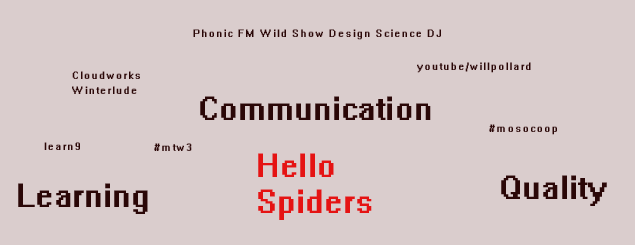#mooc , Peter Scott, content marketing
The Guardian has still not reported much about the MOOC prospects for the rest of the year. They seem to depend on guests for comment, such as Peter Scott and Jonathan Woolf. Scott recently wrote about MOOCs and there was little positive I could find. There is a call for debate about more open resources but the current MOOC activity is seen as part of market pressure on universities as they used to be. I can't find actual proposals or links though. Woolf claims that the campus novel can no longer be funny, after the cost-cutting that started in the mid - 80s. I don't know when it was that universities reduced the offer of adult education or various descriptions for public access. But the MOOC is getting back to this. Yes there is a high drop out rate but the benefits can be seen in various ways. Also this can be regarded as marketing for other courses or the general reputation of particular sites. This trade off between branding and free content is part of the web situation in general. I would like to find a MOOC about content marketing. I could possibly start one but only with some questions. My guess is that explicit theory will arrive, but possibly not from universities in the UK. Woolf seems to think universities should not be on the business pages.
I am also puzzled by how this relates to Mode 2 knowledge and design science. Scott contributed to books about this. The digital technology for learning in commercial situations is moving quickly, and the associated theory involves some universities. But mostly there appears to be an assumption that things remain the same-
every decade since the 1970s we have been promised a Brave New World IT-powered revolution in higher education (remember the e-university?). So don't hold your breath.
My impression is that IT has only been tried out on marginal courses, seldom really engaged with. There has often been a form of research that is mostly a form of critique without much innovation. There are now some universities involved in Futurelearn but it is unclear how significant this is. It could just be a low cost option in case something happens somewhere else. More news in a couple of months.


